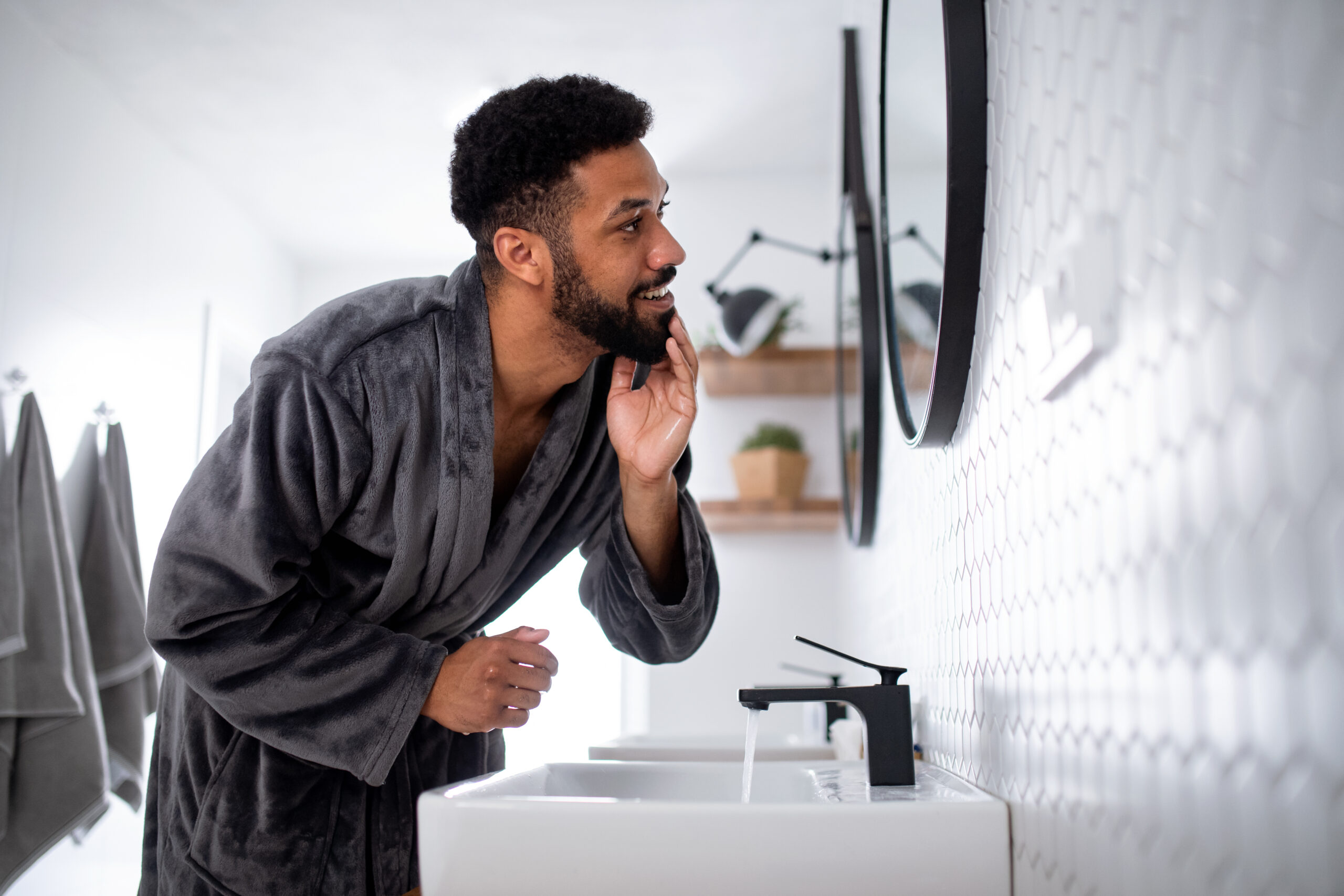Summer Eye Allergies: Causes, Symptoms, and Effective Treatments

Summer is a season we often associate with sunshine, outdoor adventures, and relaxation. However, for many, this time of year also means a rise in uncomfortable allergy symptoms—especially those that affect the eyes. Summer eye allergies can cause itchy, red, and watery eyes. They can also lead to blurred vision and light sensitivity. These symptoms can greatly affect your daily life.
At SightMD, we understand that eye allergies in summerAt SightMD, we recognize that summer eye allergies are more than just a nuisance—they can significantly affect your comfort and vision. By understanding the causes, symptoms, and treatments of these allergies, you can safeguard your eyesight and fully enjoy the summer months without discomfort. aren’t just a minor inconvenience—they’re a medical concern that can impact your comfort and visual clarity. By knowing the causes, symptoms, and treatments of summer eye allergies, you can protect your vision. This way, you can enjoy the warm months without irritation.
Common Summer Allergens Affecting Eye Health
Eye allergies, or allergic conjunctivitis, are often triggered by allergens that are more common in the summer. These tiny irritants can lead to inflammation of the conjunctiva, the clear tissue that covers the white part of your eye and the inner surface of your eyelids.
Key culprits behind summer eye allergies include:
- Pollen: Grass and weed pollens are especially high during summer and are a leading cause of pollen eye irritation. On windy days, these particles can easily get into your eyes and trigger symptoms.
- Mold Spores: Warm and humid conditions create the perfect environment for mold growth—indoors and outdoors. Spores released into the air can be highly irritating to sensitive eyes.
- Dust: Summer often brings dry conditions and more time spent outdoors, leading to an increase in dust exposure. Dust particles can dry out and inflame the eyes, leading to itchy eyes in summer.
- Air Pollution: Elevated levels of ozone and other pollutants in summer can worsen seasonal eye allergies, especially in urban areas with heavy traffic or poor air quality.
Symptoms of Summer Eye Allergies
Recognizing allergic conjunctivitis symptoms early on is the first step toward managing the condition effectively. While symptoms can vary from person to person, the most common include:
- Itchy, red, or watery eyes
- Swollen or puffy eyelids
- A burning or stinging sensation
- Increased sensitivity to light
- Blurred vision caused by excessive tearing
- Mucus discharge from the eyes
If you’re asking, “Why do my eyes get red during allergy season?”, these symptoms are your body’s natural immune response to foreign allergens. When the immune system overreacts, it releases histamines, causing inflammation and irritation in your eyes.
Effective Treatments and Management Strategies
Managing eye allergies in summer starts with reducing exposure to allergens and using treatments that relieve symptoms. While some methods are preventive, others are therapeutic—helping you recover quickly from flare-ups.
Here’s how to treat and manage your summer eye allergies effectively:
- Avoid Allergen Exposure
Limit your time outdoors during peak pollen times (early mornings and windy days). Keep windows closed at home and in your car, and use air conditioning with clean filters to trap allergens. - Wear Protective Eyewear
Sunglasses can act as a barrier, reducing the number of airborne allergens that reach your eyes. Wraparound styles offer even more protection. - Use Artificial Tears
Over-the-counter lubricating eye drops can rinse allergens out of the eyes and provide soothing relief for dryness or irritation. - Apply Cold Compresses
A cold, damp washcloth placed over closed eyes can reduce puffiness, swelling, and itchiness. - Medications
Antihistamine or mast cell stabilizer eye drops can significantly reduce symptoms. For more severe or persistent issues, SightMD’s specialists may prescribe stronger medications, such as corticosteroid drops or immunotherapy.
When to Consult an Eye Care Professional
Mild allergy symptoms often improve with at-home treatments, but persistent or worsening issues warrant a professional evaluation. Consider scheduling an appointment if you experience:
- Symptoms that don’t improve after using over-the-counter remedies
- Severe discomfort affecting your vision or daily activities
- Eye pain, thick discharge, or extreme light sensitivity
These could be signs of a more serious eye condition, not just seasonal eye allergies. At SightMD, we provide personalized treatment plans to address your unique symptoms and ensure your eyes stay healthy throughout the summer.
Allergic Conjunctivitis: FAQs
Common triggers include grass and weed pollen, mold spores, air pollution, and dust—all of which are more prevalent during the summer months.
Limit outdoor exposure during high pollen times, keep windows closed, use air conditioning, wear sunglasses, and clean your home regularly to reduce indoor allergens.
Yes. Artificial tears help wash out allergens, and antihistamine drops can reduce inflammation. If symptoms persist, consult a professional for allergic conjunctivitis treatment options.
Yes. Contacts can trap allergens against the eye, increasing irritation. Switch to daily disposables or wear glasses during peak allergy times for relief.
If symptoms are severe, long-lasting, or affect your ability to function comfortably, it’s time to see a specialist for further diagnosis and treatment.
Is Allergic Conjunctivitis Contagious?
A common question is, “Is allergic conjunctivitis contagious?” Unlike bacterial or viral conjunctivitis, allergic conjunctivitis is not contagious. It’s caused by allergens—not infections—so it cannot be spread from person to person.
How Long Does Allergic Conjunctivitis Last?
The duration of allergic conjunctivitis varies depending on the individual and the allergen. If exposure continues (for example, during an extended high-pollen season), symptoms may persist for weeks or longer. With proper treatment and avoidance strategies, most people experience significant relief within a few days.
SightMD’s Role in Treating Summer Eye Allergies
At SightMD, we recognize that summer eye allergies can disrupt daily activities and diminish your enjoyment of the season. Our eye care team is committed to helping patients manage and prevent vision problems caused by allergies. We create personalized treatment plans that include prescription medications, alternatives to contact lenses, and proactive prevention strategies.
Don’t let summer allergies compromise your vision. Schedule an appointment with SightMD today to explore personalized treatment options and enjoy a comfortable, allergy-free season.
Understanding the causes and management of summer eye allergies allows you to take proactive steps to safeguard your vision and enjoy the warmer months without discomfort. Whether you’re experiencing itchy eyes, red eyes from allergies, or seeking the best eye drops, SightMD is here to assist you.


